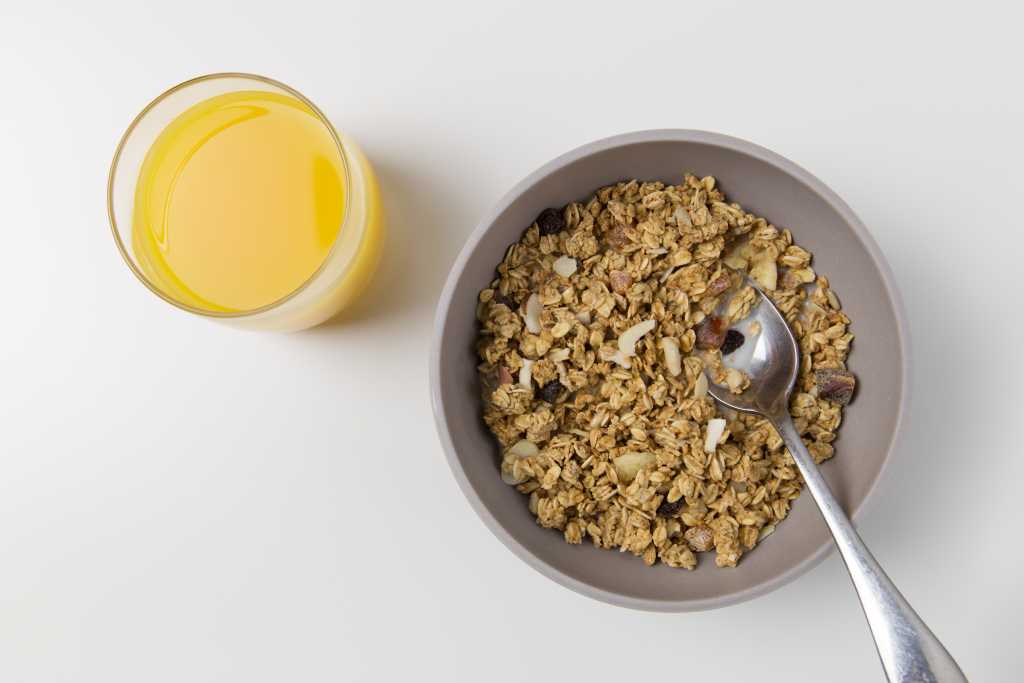With the coming in of junk foods and protein based diets, one main part of our diets has been ignored: Fibre. The FDA recommends between 20 and 30 grams of fibre per day, but most people do not consume even half of that. Fibre has surprising benefits like weight management to cardiovascular health. Here are few health benefits of increasing your fibre intake:
Lowers cholesterol: Soluble fibre found in beans, oats, flaxseed and oat bran may help lower overall cholesterol levels by decreasing the ‘bad’ cholesterol levels.

Prevents cancer: Though the research linking fibre and cancer is still mixed; but when you consume fibre, food moves through the body faster. Experts believe this prevents harmful substances found in some foods from affecting the body.
Digestive health: A high-fibre diet lowers your risk of developing hemorrhoids, and small pouches in your colon (called diverticular disease).
Improves diabetes: Fibre, particularly soluble fibre, is known to slow down the absorption of sugar. This can improve the blood sugar levels for people with diabetes.
Heart health: Research shows that fibre reduces the risk of heart disease. A study published in the Journal of the American College of Cardiology Foundation followed 39,876 women for six years found that those who ingested an average of 26.3 grams of fibre daily were at lower risk for developing heart disease or having a heart attack than those who ate less.

Irritable bowel syndrome: For some, fibre may provide relief from irritable bowel syndrome.
Kidney stones: Since fibre regulates blood sugar, it also decreases the chance of insulin spikes that can lead to the formation of gallstones and kidney stones.
Skin: Certain types of fibre, like psyllium husk, can grab onto yeast and fungus, moving them through the system rather than allowing them to be excreted through the skin, where they create breakouts and skin rashes. Without the sweeping benefits of fibre on colon walls, pathogens can be reabsorbed via the liver, creating a number of skin-related challenges.
Weight management: Foods rich in insoluble fiber can add bulk without calories to a diet, increasing a sense of fullness. Also as these foods require more chewing time, they can allow you to register when you’re no longer hungry, so you’re less likely to overeat.














